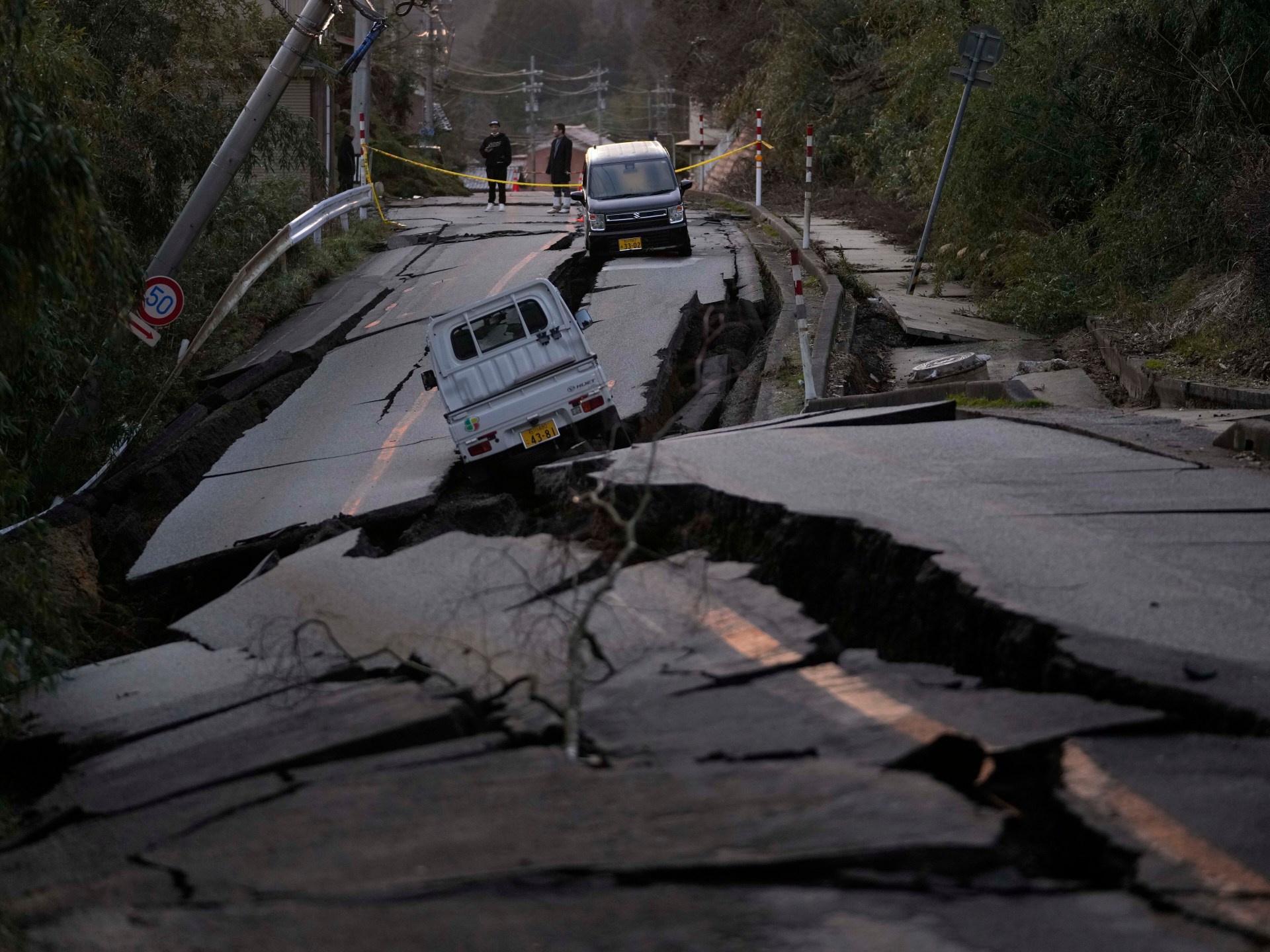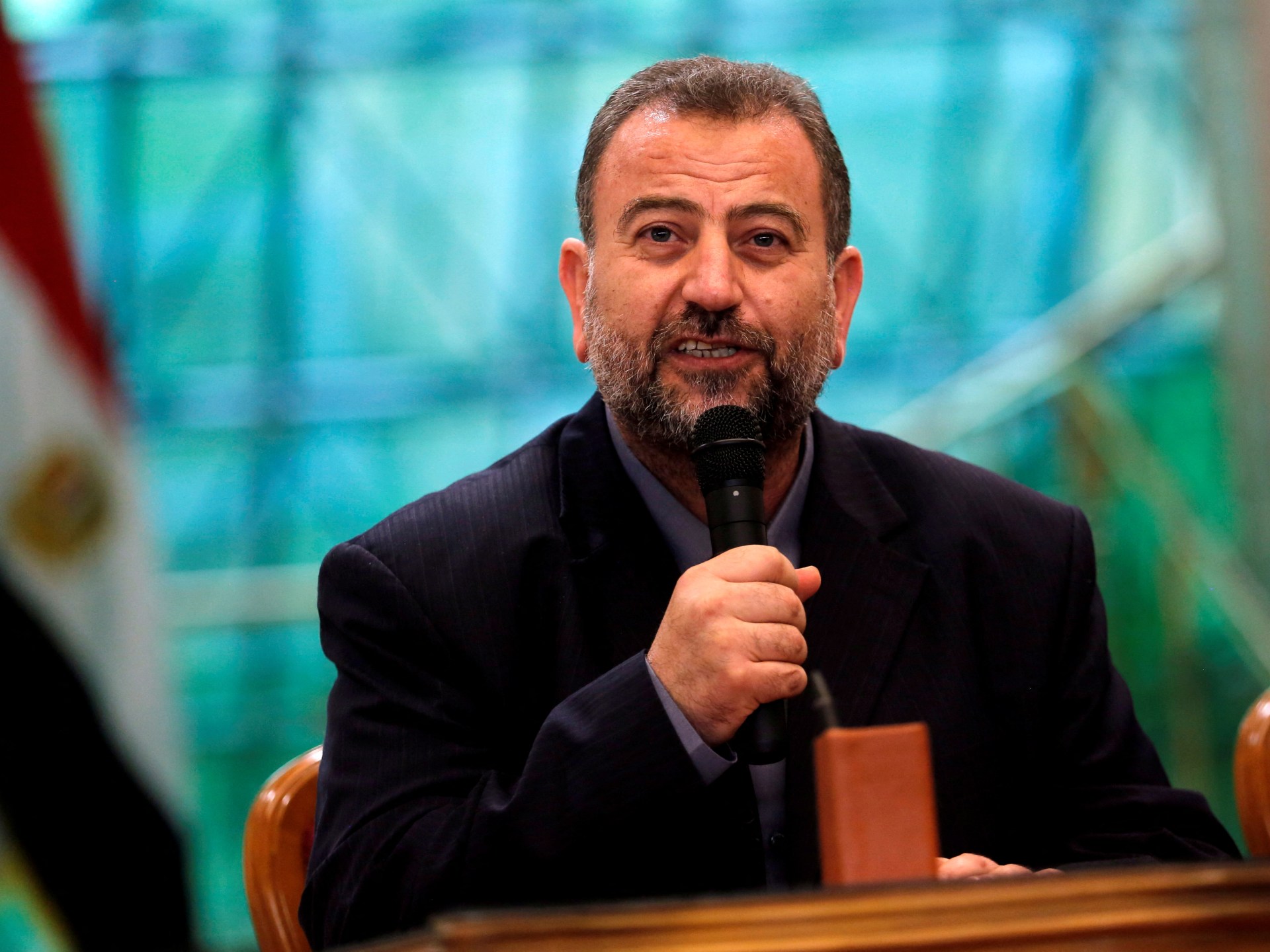Antonio Guterres says Pakistan is responsible for less than 1 percent of greenhouse emissions, but its people are 15 times more likely to die from climate-related disasters.
Islamabad, Pakistan – United Nations Secretary-General Antonio Guterres has urged the international community to help Pakistan recover from last year’s catastrophic floods, calling it a “litmus test for climate justice”.
Addressing the UN General Assembly (UNGA) in New York on Wednesday, Guterres said Pakistan is a “double victim – of climate chaos and of our outdated and unjust global financial system that prevents middle-income countries from accessing much-needed resources to invest in adaptation and resilience”.
The UN chief said Pakistan is responsible for less than 1 percent of greenhouse gas emissions, but its people are 15 times more likely to die from climate-related disasters than people elsewhere.
“Billions were pledged” by rich nations in the aftermath of the floods, he said, “but the vast majority was in loans”. And Pakistan is still waiting for much of the funding, he added.
“Delays are undermining people’s efforts to rebuild their lives,” Guterres said during a special UNGA session dedicated to the catastrophe.
I will never forget the climate-related carnage I saw after apocalyptic flooding submerged a third of Pakistan.
I call on donors & international financial institutions to make good on their funding pledges in support of recovery efforts as soon as possible. pic.twitter.com/5CL4YJFl0J
— António Guterres (@antonioguterres) September 27, 2023
The 2022 floods, caused by record monsoon rains and melting glaciers, killed more than 1,700 people and destroyed 2 million homes, worsening an ongoing economic crisis in the country. The catastrophe pushed an estimated nine million more people below the poverty line in Pakistan.
The government estimated the deluge caused damage worth more than $30bn as it sought immediate global help. The UN and the Pakistani government held a donors conference in January, in which about $10bn were pledged.
Guterres on Wednesday said 69 percent of that target had been reached but a large part of it was in loans.
Last week, Pakistani caretaker Prime Minister Anwar ul-Haq Kakar said the government is trying to get $10bn as pledged by the donors.
“We are trying to ensure that the amounts promised and pledged to us are dispersed to Pakistan and are spent on those affected by the floods,” he said.
Addressing UNGA on Friday, Kakar said Pakistan’s recovery plan is estimated to cost $13bn and details of specific projects were being submitted to donors. “I hope our development partners will accord priority to the allocation of funds,” he said.
Kakar said Pakistan wants developed nations to honour their commitments to provide $100bn annually in climate financing to less-developed nations.
Pakistani climate expert Ali Tauqeer Sheikh told Al Jazeera the flood-relief funds are “monopolised by the federal government while rehabilitation work is to be conducted by the provincial governments where flood damage took place”.
Sheikh said such lack of transparency leads to grievances.
“A broad plan was prepared and shared with the global community for rehabilitation, but it did not include specifics of how funds will be spent, what areas required urgent attention, and there was no detailed investment plan made,” he said.
Quratulain Rizwan, project manager for Indus Consortium, an umbrella group of civil society organisations working for the flood victims, told Al Jazeera the situation in Sindh province, one of the worst affected provinces, is dire.
“We are working in five worst-affected districts of Sindh, and there are still hundreds of acres of agricultural land under water,” she told Al Jazeera.
Rizwan said many villagers complain that the government has yet to rebuild schools and houses.
“The government used to give cash handouts, but we have many people complaining that even this funding has slowed down. Schools and dispensaries remain closed because they have not been rebuilt after the floods,” she said.

 Movie
Movie 7 months ago
133
7 months ago
133 






![Presidents Day Weekend Car Sales [2021 Edition] Presidents Day Weekend Car Sales [2021 Edition]](https://www.findthebestcarprice.com/wp-content/uploads/Presidents-Day-Weekend-car-sales.jpg)



 English (United States)
English (United States)